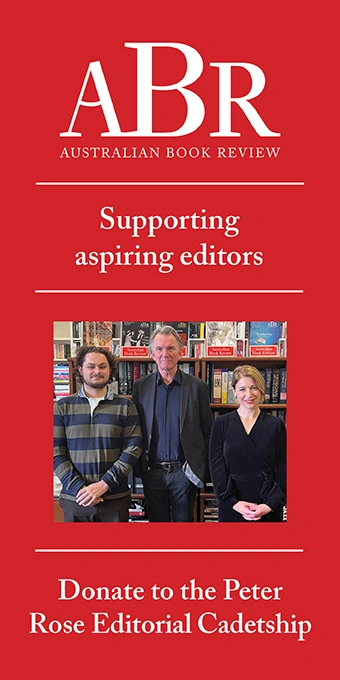Graham Little
Graham Little (1939-2000) was a leading Australian political scientist who made a lasting contribution to our understanding of political psychology as well as psychosocial life inside the university. He published a number of scholarly works, such as The University Experience (1970), Political Ensembles (1985), and The Public Emotions (1999), and an autobiography, Letter to My Daughter (1995). Little perhaps remains best known for the series of interviews he conducted for SBS, later published as Speaking for Myself (1989).
‘There was nothing in particular to write about either yesterday or the day before, as, indeed, there is not today.’ Fifteen-year-old Arthur Clarke speaks, in 1868, for many of us whose diaries didn’t live up to our hopes of them. Why do we write them?
Andrew Hassam’s researches into the diaries of nineteenth-century emigrants to Australia yield a lot of small answers and one big one. To ... (read more)
In Partners, the unstated question is how relationships can last if they are equal – that is if they are free as well as binding. There’s a suggestion that it was easier in the old hetero-patriarchal marriages where our parents accepted inequality and could turn to authority, within and outside the relationship, to see that it lasted. Not that most of the contributors address the question dire ... (read more)




